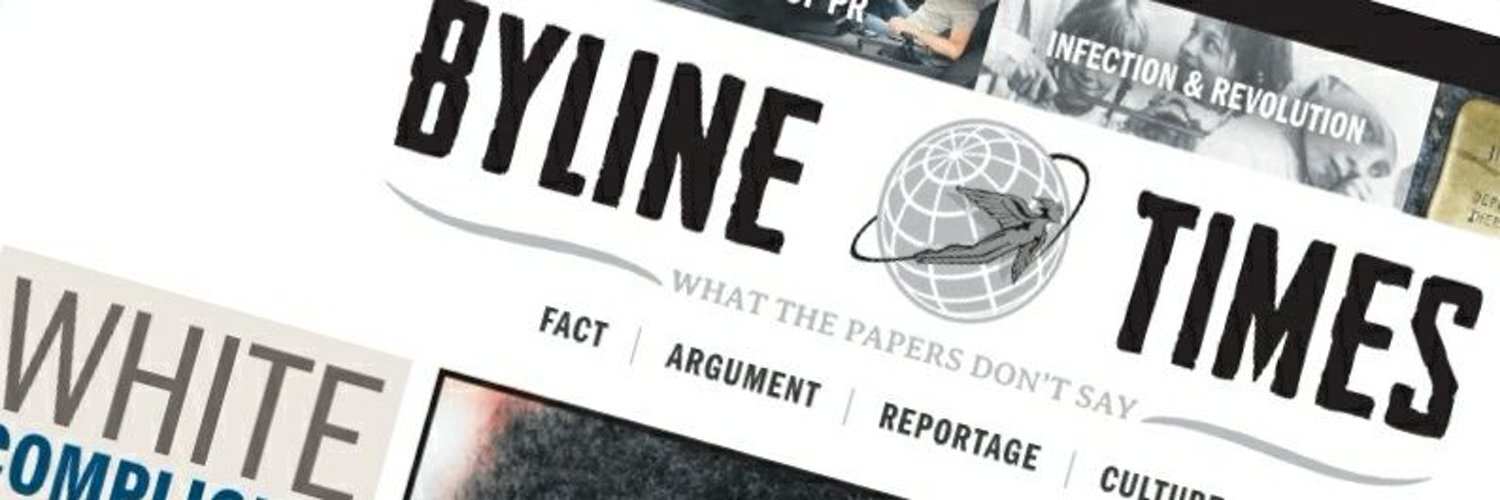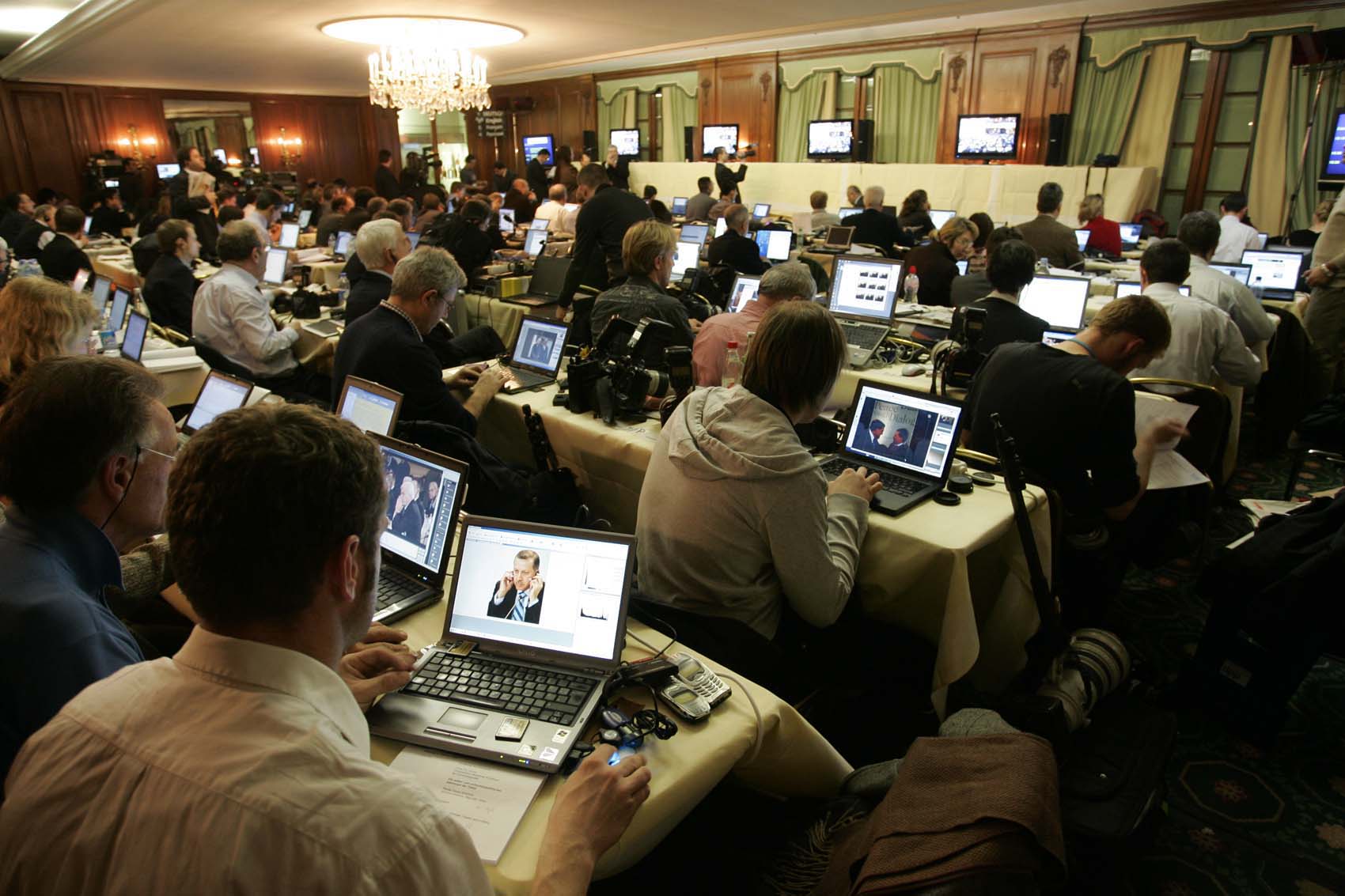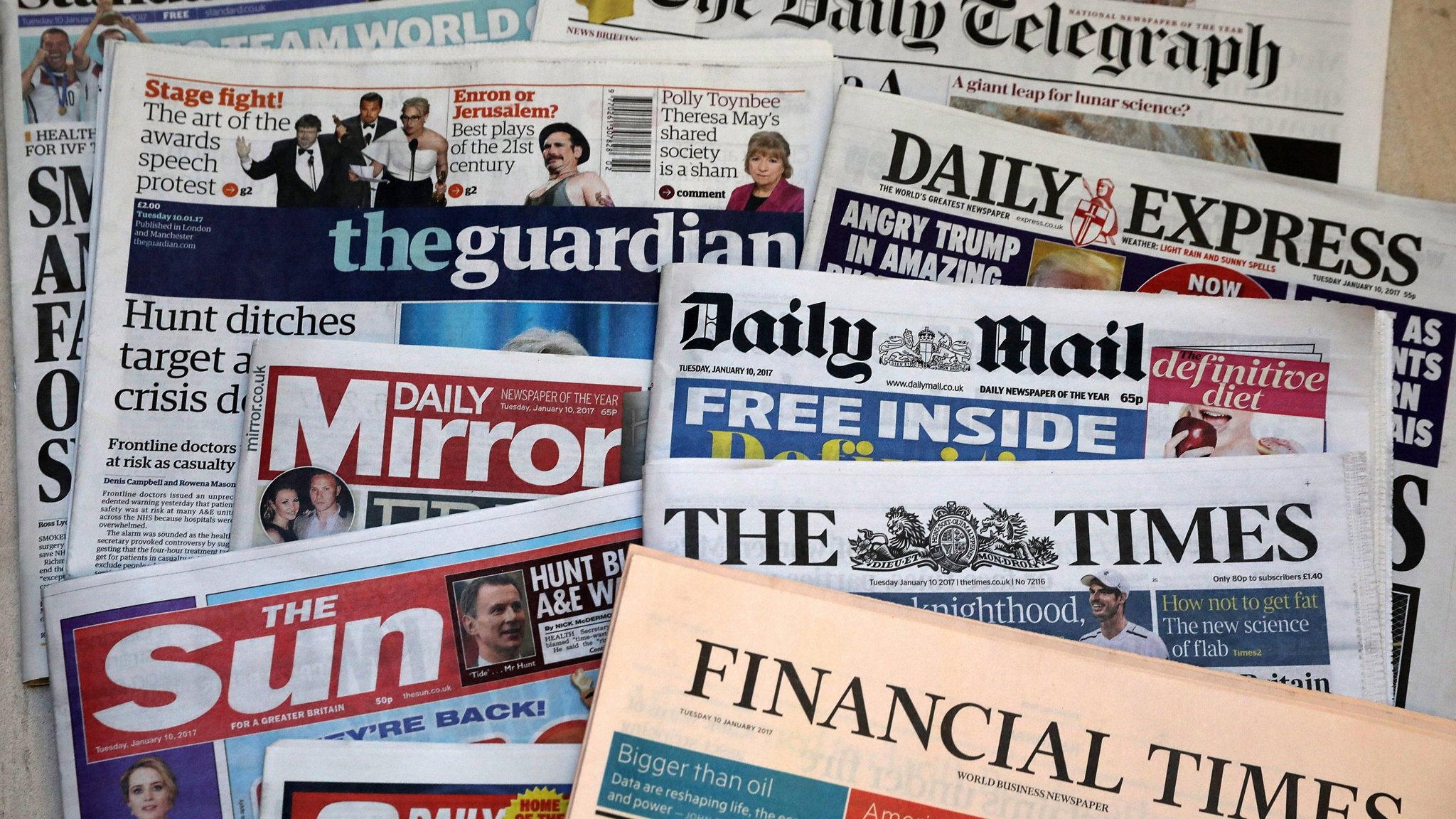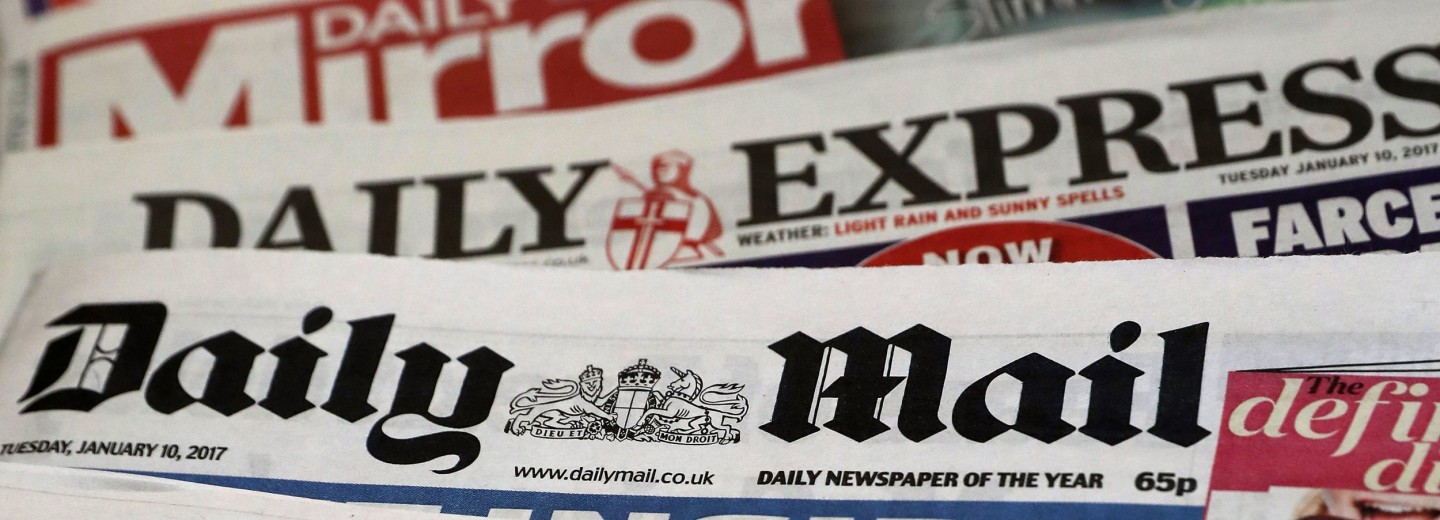The British Press
For many, the British press is the cornerstone of a democratic society, crucial in informing and engaging the public. Yet I have often written about the media's false views about Hong Kong and the Mainland. With one or two exceptions, the reporting is biased, politically inspired, and often untrue. Others share my views.
Most Western citizens believe the news about China that they read (or hear or watch) in the media. Yet many find the media’s approach disturbing. In my post of 20th March Media and Democracy, I wrote how Americans are losing faith in their media: “Only 26% of Americans have a favourable opinion of the news media, the lowest level Gallup and Knight have recorded in the past five years, while 53% hold an unfavourable view.”
In the United Kingdom, too, more evidence is emerging about false reporting and abuse in the media.
United Kingdom
In a now notorious case in Britain in 2011, employees of a now-defunct newspaper were accused of engaging in phone hacking, police bribery, and exercising improper influence in the pursuit of stories. The case reverberates today, and media malpractice continues. I came across stories about this abuse from, believe it or not, British journalists writing for Byline Times (‘What the papers don’t say’).
Byline Times’ fourth-anniversary issue (in print) asks:
Why, more than a decade after the phone-hacking scandal, is the British press still the country's least scrutinised and most significant power bloc? How and why does the established media monopolise the damaging narratives shaping our politics and culture?
Byline Times quote other examples of lying and distortion in the UK media:
- “Even three years later, the same newspaper … (referring to a celebrity’s suicide) still publishes fake news about her. Her mother cited a specific example of a false story which proved unfounded, the late newspaper later admitted.”
- “There have been growing calls for the regulator to enforce the impartiality regulations in its broadcasting code… This does not mean or emphasise that every argument has to be represented and given an equal amount of time.”
- “His lawyer commented that Mister X was the latest victim of the regular witch hunts and character assassinations conducted by the worst elements of the British tabloid media.”

There are many more. Byline Times believes it also has suffered from ‘cold-shouldering’ by other media – upon the specific direction of their owners.
Political motivation
This is not a new phenomenon, so there is no excuse for the press's continuing failure to take responsibility for how it has framed our culture. Yet the political-media class seems to simultaneously claim to represent the nation while denying that it has any influence over it.
20 years on, there has now been an almost complete merger between the political and media class. The main vehicle for the cartel in newspapers is the News Media Association which includes nearly all the well-known newspapers. The fear of unemployment and economic harm, that would worry any individual journalists speaking out, also applies to papers within the cartel.

This sounds familiar to me. I heard Western journalists complain during the 1997 reunification of Hong Kong with China that their editors would not publish positive stories about the event, even though the journalists wrote them.
I could not help a wry smile, however, when a writer criticising the United Nations writes:
(China’s) repressive behaviour in Tibet and Hong Kong and its abuses against Uighurs in Xinjiang are in clear violation of UN human rights conventions, and its claims and actions in the South China Sea blatantly violate the UN Convention on the law of the sea.
These biased phrases, glibly thrown down as facts, echo the sentiments of the remainder of the British media, the media that Byline Times’ writers attack. This proves established journalism's power, even with those who expose its falsities. To be fair, the writer also writes: “In fact, all five permanent members have a mixed record of abiding by UN norms.” But the impression remains that China is the main culprit as, no doubt, the writer intended.
The Byline Times is not the only critic of the British media.
Martin Wolf of the Financial Times (a paper regarded by many as the epitome of the British Establishment), in an article on 2nd May, headlines:
Media lies threaten the truth and decency on which democracy depends.
His article covers a recent defamation case against Fox News.
The business model revealed in startling detail in exchanges among Fox executives and stars depends on giving its viewers the red meat they want. If that includes falsehoods, so be it.
Wolf points out that Britain’s BBC deserves state funding “to insist that all broadcasters are obligated not to tell lies. Should they break this obligation, they should promptly lose their licences, which are a privilege, not a right. They do not entitle broadcasters to preach sedition against the democratic polity that gave birth to them.”
It all comes down to money.
Byline Times believes the root cause lies in the cartel of families that own most of the British Media. Satirically comparing them to the Mafia, the writer portrays the families as organised crime leaders.
Journalists are bound by the Mafia code of ‘omerta’” – an extreme form of loyalty and code of silence. Their editors “pursue favours from cowed politicians or character assassinations against their opponents.
This may be so. But a more straightforward explanation is economic. The UK (and other countries) have too many newspapers. Many different forms of news proliferate. To earn the advertising revenue the media depends on to survive, they must somehow startle and shock the public into buying (or clicking on) their publications. As Martin Wolf points out, the business model of Fox News (making more profit) depends on exciting its audience. If that includes lies and distortions, then so be it.

Then, there are our personal biases, often without realising it. We use every possible argument to make our points in debates on topics we feel passionately about. We conveniently leave out those that conflict with our views. We sometimes ‘exaggerate’ our case to be more convincing. Even though journalists may have a stricter code, they are human too. Besides, if everyone were balanced and reasonable, like the Houyhnhnms in Gulliver’s Travels, some would find life lacking passion.
Conclusion
We are all guilty of bias. But there can be no excuse for media lies. Nothing justifies the media obtaining stories illegally or immorally. Byline Times believes, "Nothing will change in this country's politics nor our culture unless we solve this chronic economic problem of monopolies and crony cartels in the media.”
However, as the media becomes less trusted by its readers, its influence and sales will suffer further. I believe this ‘chronic problem’ will solve itself as profits decline with declining faith in the media. The ‘cartel’ will vanish because it is no longer effective.
Am I too optimistic?
Worked on the article:

Wanlikhang





